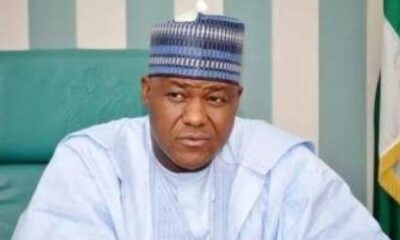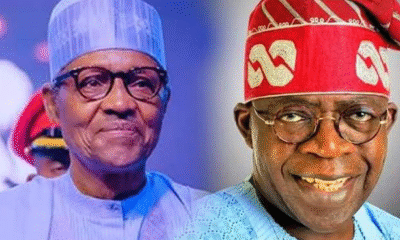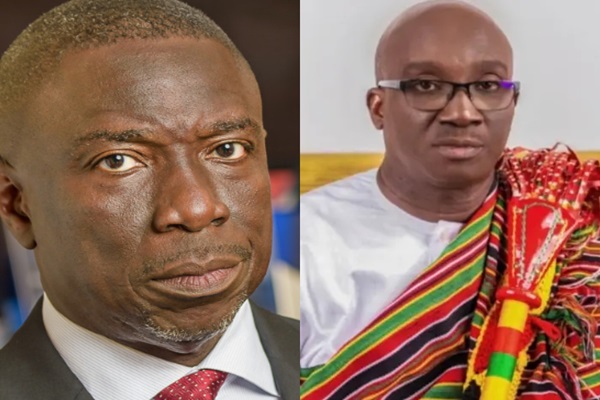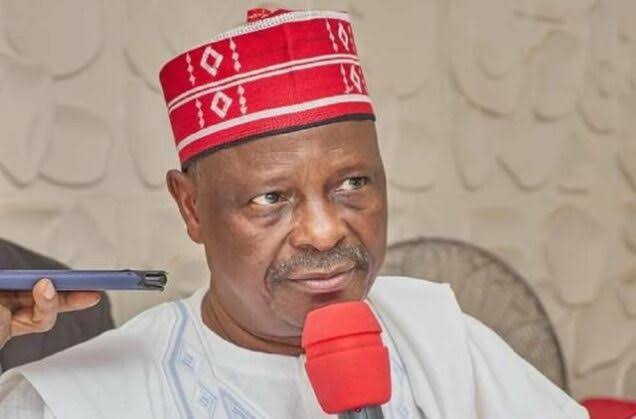Special Feature
Tinubu’s 2 Years of resolute reforms in a tenuous Republic, by Sir Paul Chukwuma
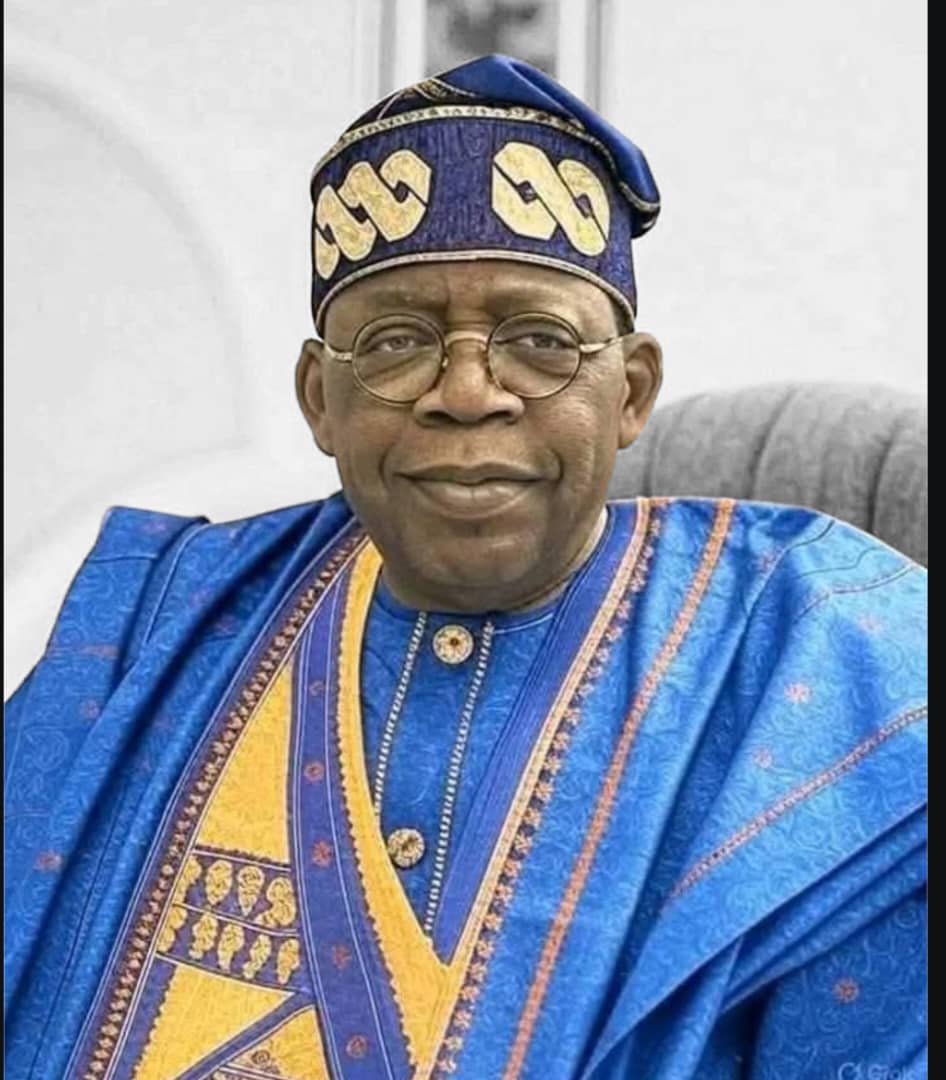
A close confidant once remarked, during the crescendo of the 2023 general elections, that it would take a “mad man” to aspire to lead Nigeria at such a perilous juncture. His words were less hyperbole and more diagnosis: Nigeria, at that time, represented the archetype of a “wicked problem”; a multidimensional crisis with no easy resolution and several painful trade-offs. To him, the presidency was a poisoned chalice; any occupant was fated for disillusionment and the slow erosion of political capital.
Indeed, the economic outlook was bleak. Inflation had soared to 22.4% in May 2023, driven by structural inefficiencies, supply shocks, and a ballooning fiscal deficit. Nigeria’s public finances were deeply strained. Over 96% of government revenue in 2022 was used to service debt, according to the Debt Management Office, with total public debt at ₦87.91 trillion by Q3 2023. Compounding the fiscal nightmare was the fuel subsidy, which guzzled over ₦4.4 trillion annually, an unsustainable regime that effectively subsidized consumption at the expense of capital formation and long-term productivity.
The foreign exchange market was no less chaotic. The naira was arbitraged across multiple rates, official, NAFEX, and parallel, creating distortions that stifled investment and undermined confidence. At its nadir, the FX backlog had risen to $7 billion, trapping investors and importers alike in a bureaucratic quagmire. Simultaneously, the Central Bank’s unorthodox monetary policy, marked by uncontrolled “Ways and Means” advances exceeding ₦27 trillion, injected vast amounts of unbacked liquidity into the system, fueling further inflation and currency depreciation.
All these unfolded against a backdrop of rampant insecurity; from banditry in the North West to separatist unrest in the South East, and deepening ethnic and religious divisions that imperiled national cohesion.
It was into this inferno that President Bola Ahmed Tinubu stepped on May 29, 2023. His declaration that “fuel subsidy is gone,” delivered impromptu during his inaugural address, was more than rhetorical flourish. It was the clearest indication that he would eschew political expediency for structural realignment. For decades, Nigerian presidents had flirted with subsidy removal, often retreating at the altar of public discontent. Tinubu, however, acted; decisively and without subterfuge.
His administration swiftly embarked on a macroeconomic recalibration.
The unification of the FX windows in June 2023 effectively floated the naira, allowing market forces to determine its value. This move, although painful in the short term, addressed the rent-seeking culture that had metastasized under the previous multiple-rate regime. By eliminating arbitrage opportunities, the reforms aimed to redirect capital into productive enterprise rather than speculative gain.
The Central Bank, under new leadership, adopted a more orthodox monetary posture, tightening liquidity, raising the Monetary Policy Rate (MPR) to 24.75%, and clearing a significant portion of the FX backlog by Q1 2024. These actions restored some degree of investor confidence. The naira, which had plunged to over ₦1,900/$ in early 2024, rebounded to ₦1,200/$ by May 2025; reflecting improved dollar inflows and coordinated fiscal-monetary alignment.
The results are beginning to show. The Nigerian Stock Exchange’s All-Share Index has surged past 110,000 points in 2025, its highest in history, buoyed by foreign portfolio inflows and improved corporate earnings. Many blue-chip companies posted positive FY2024 results, a testament to stabilizing macro fundamentals. According to the National Bureau of Statistics (NBS), GDP growth in Q1 2025 stood at 3.5%, with the World Bank projecting a 3.7% expansion for the full year, driven largely by services, telecommunications, and a recovering oil sector.
Inflation, 23.71% in April 2025, has begun to moderate on a month-on-month basis. Crucially, food inflation—once breaching over 40%—has been decelerating, thanks in part to temporary import waivers on grains and fertilizer subsidies aimed at stabilizing supply chains. Nonetheless, challenges persist. Insecurity, price gouging by middlemen, and logistics inefficiencies continue to constrain agricultural productivity and inflate prices.
Tax revenue is also improving. The Federal Inland Revenue Service (FIRS) reported a record ₦12.3 trillion in tax receipts for FY2024; a 47% increase year-on-year, largely attributable to compliance reforms and digitization. The recently passed Fiscal Reform and Tax Policy Act, once assented to by the president, is expected to deepen revenue mobilization, reduce leakages, and expand the tax net beyond oil.
But beyond the metrics, the soul of the nation needs mending.
No economic rebound is sustainable without national unity. Ethnic mistrust, religious polarisation, and regional marginalisation remain potent threats to the republic’s stability. The administration must therefore deepen dialogue, promote inclusion, and deliberately engineer a sense of shared ownership in the Nigerian project.
President Tinubu’s tenure, now at its two-year mark, is defined by audacity. His reforms, though costly in the short term, have the potential to shift Nigeria from consumption to production, from patronage to productivity, from reactive governance to strategic statecraft.
But the work is far from done.
The path forward must prioritise inclusive growth. Social safety nets must be expanded. Infrastructure investment must expand and be efficient. Local manufacturing must be shielded from volatility and incentivised for scale. Job creation, especially for Nigeria’s 70% youth population, must move from rhetoric to reality.
If sustained, these early reforms may well be remembered as the foundation of a new Nigeria; competitive, coherent, and confident on the global stage. But if truncated or mismanaged, they may be mourned as yet another “what could have been.”
Mr. President, history is watching. And, so far, you have chosen the hard path of reform over the easy applause of populism. For that, posterity may yet applaud.
Congratulations on two years of purposeful leadership.
May your courage yield enduring fruit for this nation.
Sir Paul Chukwuma is the YPP 2025 Governorship Candidate in Anambra State
-

 Metro News1 day ago
Metro News1 day agoPanic as IBEDC staff electrocuted while fixing power line
-
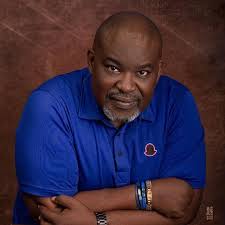
 Metro News1 day ago
Metro News1 day agoTears flow as gospel minister Big Bolaji is laid to rest in Ibadan
-

 Crime and Law1 day ago
Crime and Law1 day agoBandits invade Niger communities, kill villagers, burn JTF camp
-
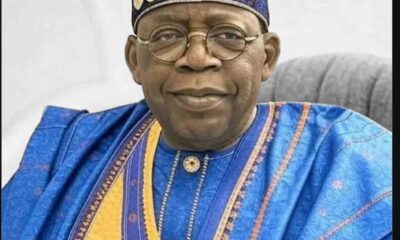
 Politics1 day ago
Politics1 day agoCUPP tags Tinubu’s 2 years in office as worse in history of Nigeria
-
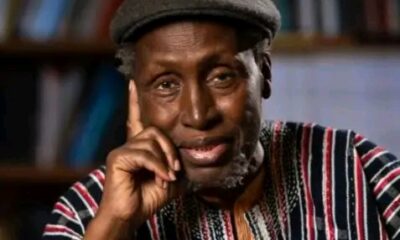
 National News2 days ago
National News2 days agoPopular Kenyan author, Ngugi Wa Thiong’o announced dead
-
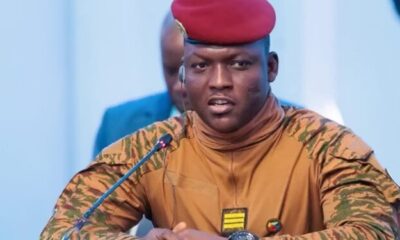
 Entertainment1 day ago
Entertainment1 day agoSpeculation as Burkina Faso president reportedly snubs popular Nigerian artiste’s free concert proposal
-

 National News1 day ago
National News1 day agoFull speech: What Tinubu said on 2nd year in office
-
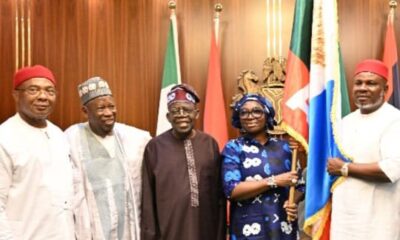
 Politics1 day ago
Politics1 day agoAnambra: Gov Uzodinma, South-east leaders have capacity to deliver APC candidate – Ex-minister Ikoh


